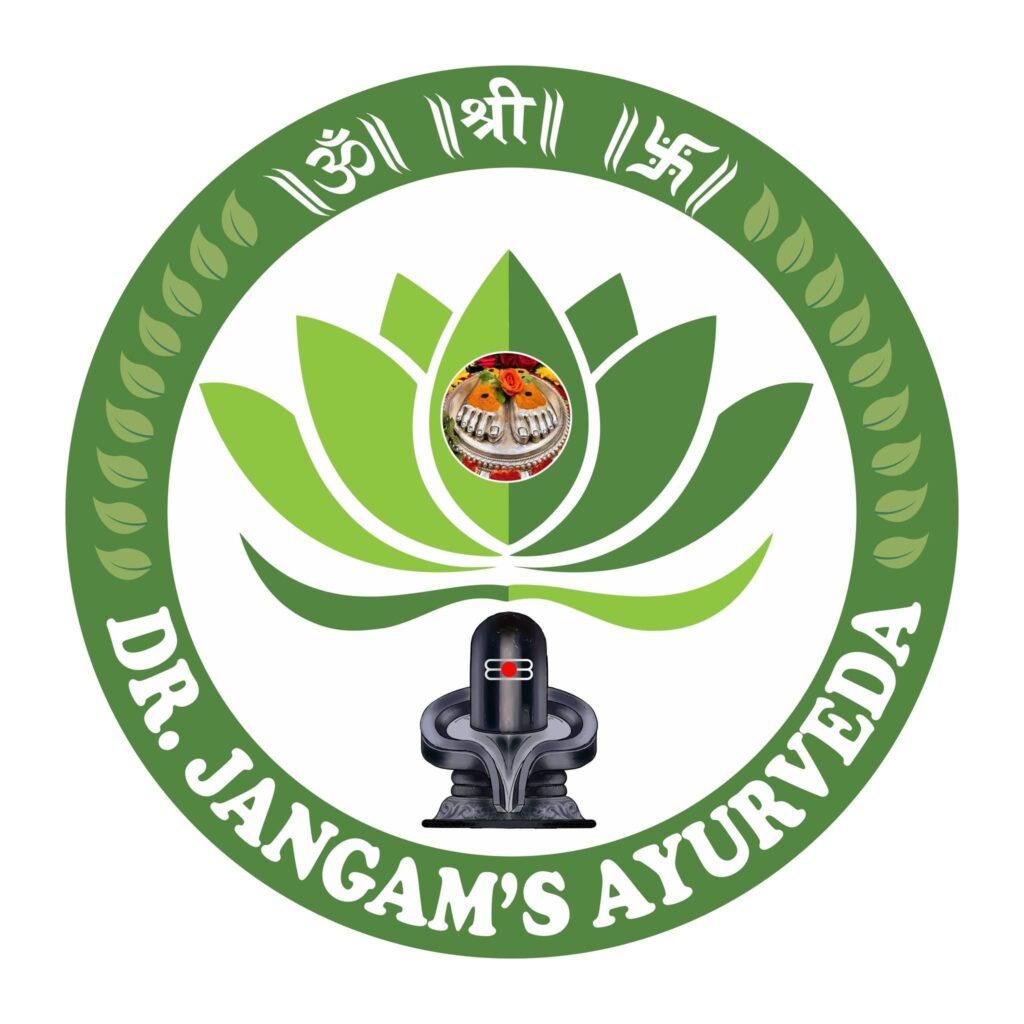Menstrual disorders can affect many women and girls. These problems may include irregular periods, heavy bleeding, or pain. Such issues can disrupt daily life. However, Ayurveda offers a holistic approach to help manage these concerns. In this blog, you will find Ayurvedic tips for menstrual disorders, including diet and lifestyle changes. These natural ways may support better menstrual health and comfort.
Understanding Menstrual Disorders
First, it is important to know what menstrual disorders are. These are problems related to a woman’s monthly cycle. Common types include:
Symptoms may include tiredness, mood changes, or stomach pain. Causes can range from stress, poor diet, or hormonal changes to medical conditions. According to the World Health Organization (WHO), menstrual health is vital for overall well-being.
Ayurvedic Perspective on Menstrual Health
Ayurveda is an ancient Indian system of medicine. It believes that health depends on a balance of three energies, called doshas: Vata, Pitta, and Kapha. Menstrual disorders often happen when these doshas are out of balance. For example, too much Vata may cause irregular periods, while high Pitta can lead to heavy bleeding or pain. Ayurveda aims to restore balance through natural remedies, diet, and lifestyle changes.
Ayurvedic Diet Tips
Eating the right foods can help manage menstrual disorders. Ayurveda suggests simple, nourishing meals. Here are some Ayurvedic diet tips for periods:
These Ayurvedic remedies for menstrual health can support your body naturally.
Lifestyle Recommendations
Besides diet, lifestyle plays a key role in menstrual health. Ayurveda suggests daily routines and stress management. Here are some natural ways to manage menstrual disorders:
These Ayurvedic tips in India and worldwide can help you feel better during your cycle.
Prevention and Self-Care
Taking care of yourself can prevent many menstrual problems. Here are some practical tips:
With these habits, you can support your menstrual health naturally.
When to Seek Professional Help
Sometimes, menstrual disorders need expert care. You should see an Ayurvedic specialist if you notice:
Early help can prevent bigger health problems. Always consult a doctor for advice if you are unsure.
In summary, Ayurvedic diet for periods and lifestyle changes can help manage menstrual disorders. However, each person is unique. Consult an Ayurvedic specialist for personalized menstrual health advice.

